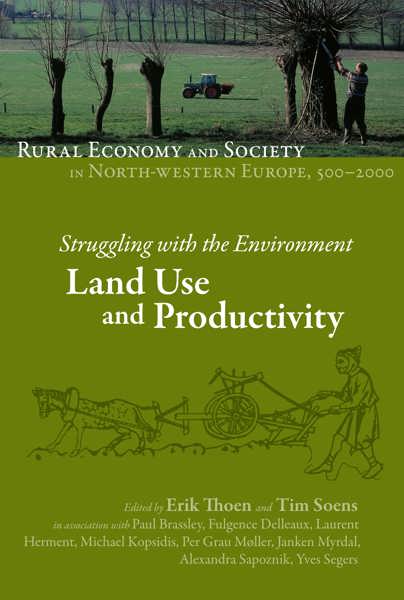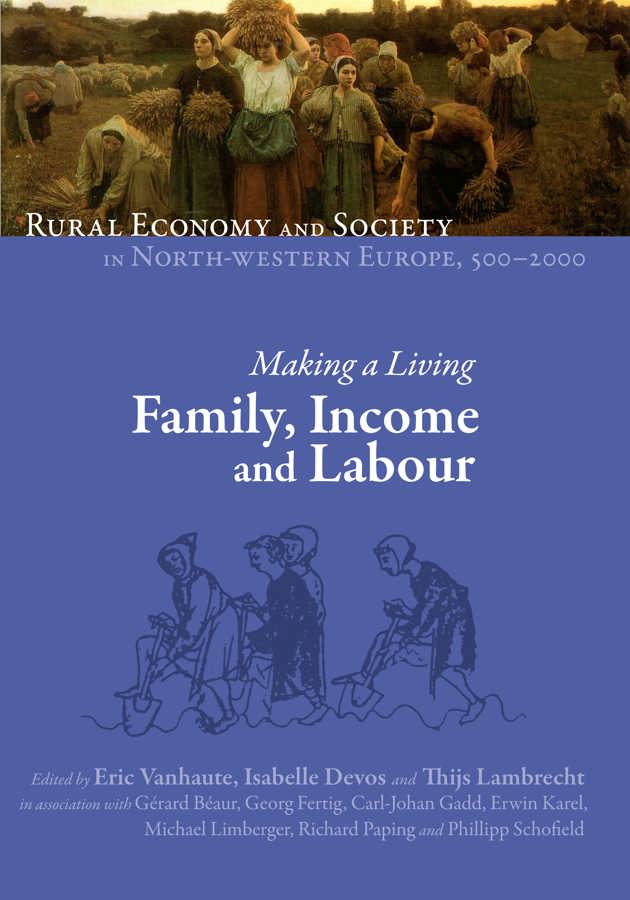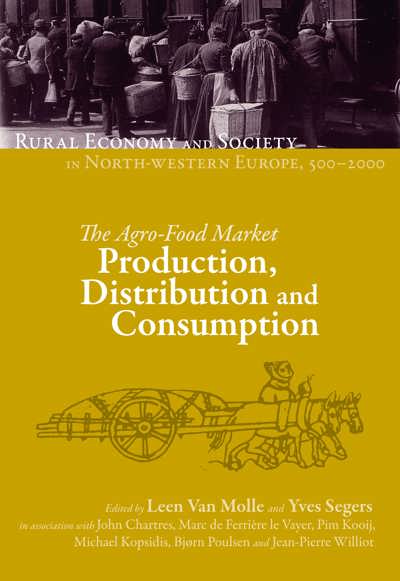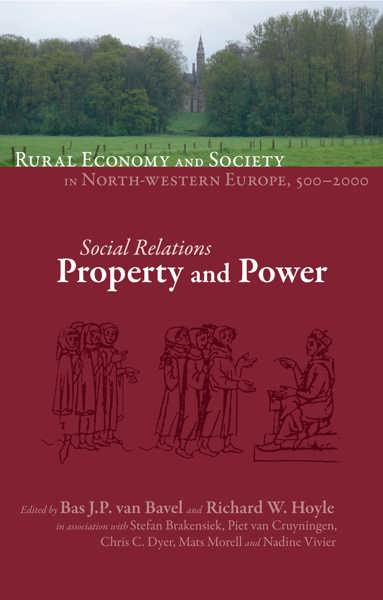
Making a Living: Family, Income and Labour
Eric Vanhaute, Isabelle Devos, Thijs Lambrecht (eds)
- Pages: 347 p.
- Size:178 x 254 mm
- Language(s):English
- Publication Year:2012
- € 105,00 EXCL. VAT RETAIL PRICE
- ISBN: 978-2-503-53049-9
- Hardback
- Available
- € 105,00 EXCL. VAT RETAIL PRICE
- ISBN: 978-2-503-56292-6
- E-book
- Available
"Making a Living: Family, Income, and Labor is a tremendously ambitious book. The topic area is vast geographically and chronologically, and the quantity of data involved is overwhelming. Nevertheless, this is a book that largely succeeds in accomplishing its goals. The authors have rendered a veritable mountain of facts comprehensible and meaningful (...). The book is an invaluable resource for historians, or indeed anyone else who is interested in gaining an understanding of this most fundamental and vital institution and its place in the history of Northwestern Europe." (Joseph M. Gonzalez, in: H-Skand, H-Net Reviews, July 2014)
Volume editorial board
Eric Vanhaute (Ghent University, Belgium), Isabelle Devos (Ghent University, Belgium), Thijs Lambrecht (Ghent University, Belgium) (directors)
Gérard Béaur (CNRS/EHESS, France), Georg Fertig (University of Münster, Germany), Carl-Johan Gadd (University of Gothenburg, Sweden), Erwin Karel (University of Groningen, The Netherlands), Michael Limberger (Ghent University, Belgium), Richard Paping (University of Groningen, The Netherlands), Phillipp Schofield (Aberystwyth University, Wales UK).
The central issue in this volume is the relation and the interaction between production, reproduction and labour in rural societies. The main questions concern the way in which resources became available to the rural family and to its members, and the strategies which were employed to generate these resources. The goal is to interpret household formation and the economic behaviour of its members within the context of the structural features of the regional social agro-system. Two sets of research questions structure the chapters in this book. The first set evaluates the impact of these processes on the family as a unit (of reproduction and production) and the relationships between its members (internal family relations). These issues are essentially dealt with from a socio-demographic perspective. The second set of questions aims to understand how families adapted their behaviour to changing social and economic circumstances. These topics are studied from a predominantly socio-economic perspective.



